How to Choose Better Climate for a Trip
Planning a trip involves making a lot of exciting choices, such as where to go and what to bring. The climate of your chosen destination is one important aspect that can have a significant impact on your travel experience. Choosing the right climate can make or break your trip, whether you like warm weather, sunny beaches, or crisp mountain air. We’ll go over important advice and things to think about in this guide to help you choose a comfortable climate for your next adventure.
Consider These Factors When Choosing a Climate When planning your trip, make sure to select a climate that matches your preferences and travel objectives:
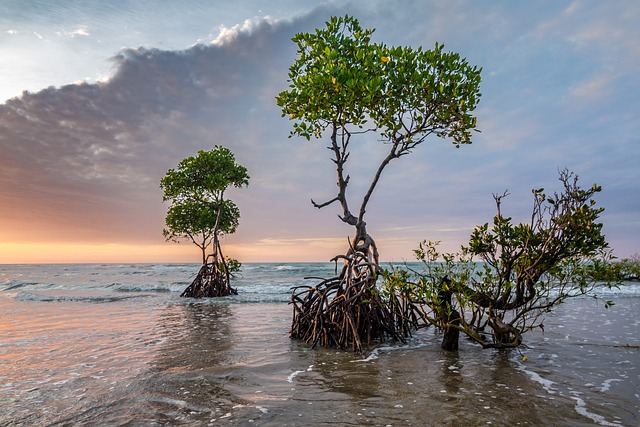
1. Climate
Climate Specific to a Place Numerous places have varying climates throughout the year. Find out what to expect in your destination’s typical seasons and weather patterns before you go. Think about the following inquiries:
When do you intend to travel, what is the typical temperature?
Does the objective experience blustery or dry seasons?
Are there any considerations or risks related to the weather to keep in mind?
You will be able to anticipate conditions and pack accordingly if you are aware of these aspects.
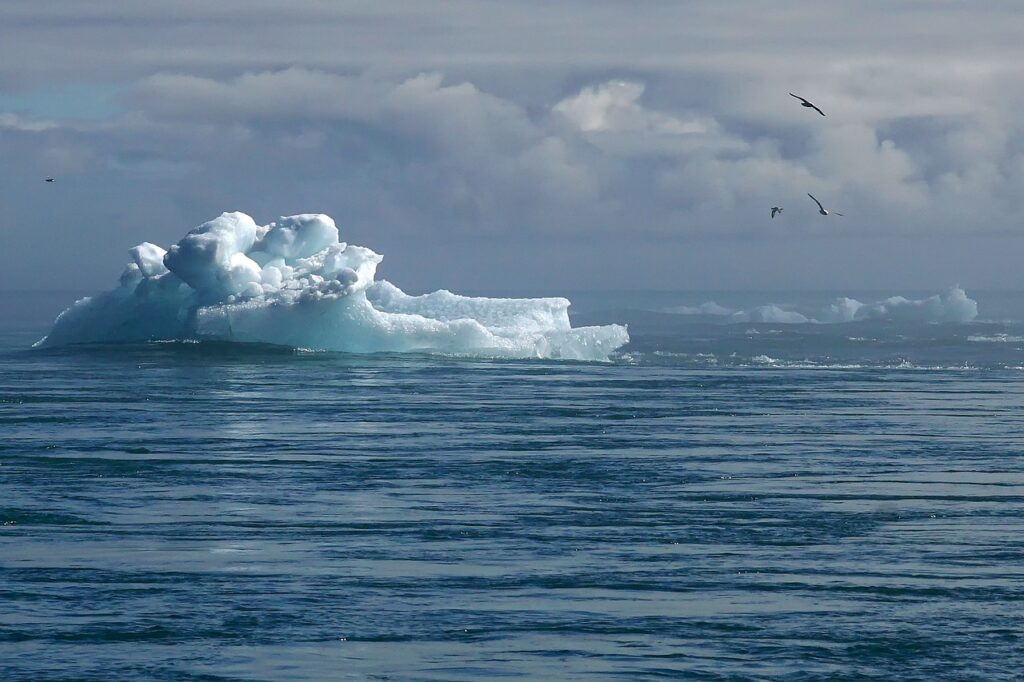
2. Personal Preferences and Comfort Levels
When it comes to the comfort of the climate, everyone has different preferences. A few explorers appreciate sweltering and radiant climate, while others incline toward cooler temperatures. Think about the climate that makes you most at ease and relaxed when you travel.
Ask yourself:
Do you incline toward warm, heat and humidities or cooler, mild climate?
Are you sensitive to high humidity or extreme temperatures?
What plans do you have for your trip, and how might the weather affect those plans?
A more enjoyable experience is guaranteed when you select a climate that meets your preferences for comfort.
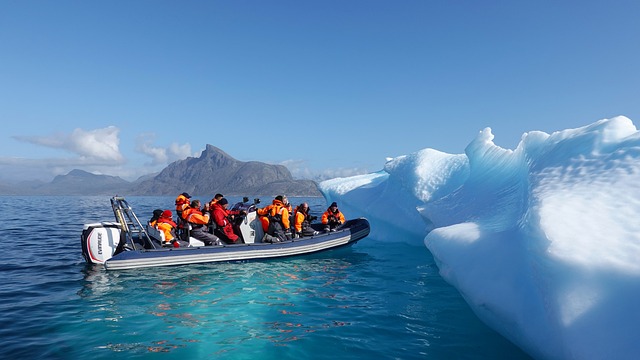
3. Variations based on the seasons
Variations based on the seasons and the time of year The time of year you go on vacation can have a big effect on the weather. Seasons fluctuate across various sides of the equator and locales, so it’s fundamental to consider what occasional changes might mean for your itinerary items. Considerations include:
Off-top seasons offering more moderate environments and less groups.
Extraordinary occasions or celebrations that concur with explicit seasons and their environment suggestions.
Your overall travel experience can be enhanced by planning your trip during the appropriate season.

4. Weather conditions Conjecture and Adaptability
While weather conditions conjectures can’t anticipate unhesitatingly, they give important experiences into anticipated conditions during your excursion. Make well-informed choices regarding your packing and travel preparations by keeping an eye on the weather forecasts closer to your departure date. Be prepared to alter your plans in response to shifting weather patterns by remaining flexible.
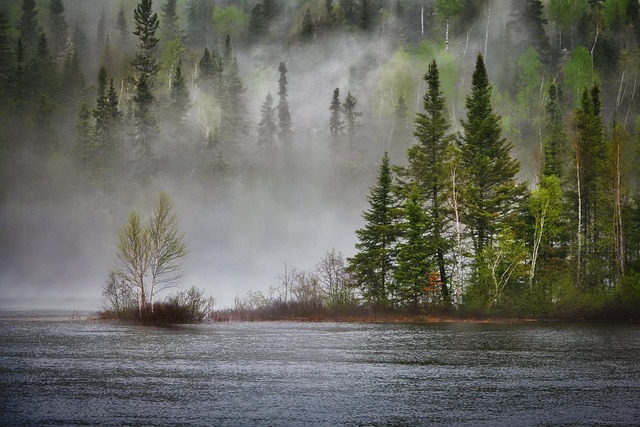
Ways to pick the Ideal Environment
Now that you comprehend the elements affecting environment decision, here are functional tips to assist you with choosing the ideal environment for your outing:
Investigate Climate Data:
To get accurate climate data for your destination, use trustworthy resources like weather websites, travel guides, and local tourism resources.

Think about Substitute Objections:
Consider alternative locations with climates that are more suitable if the weather in your preferred destination is unfavorable on the dates of your trip.
Pack accordingly:
Pack attire and adornments that are proper for the environment of your objective. You can adjust to changing temperatures throughout the day by wearing clothes in layers.
Plan activities outdoors:
To get the most out of your planned activities and stay as comfortable as possible, match the weather to what you expect.
Talk with Local people:
Draw in with local people or travel specialists to acquire insider tips on exploring environment related difficulties and taking advantage of your outing.
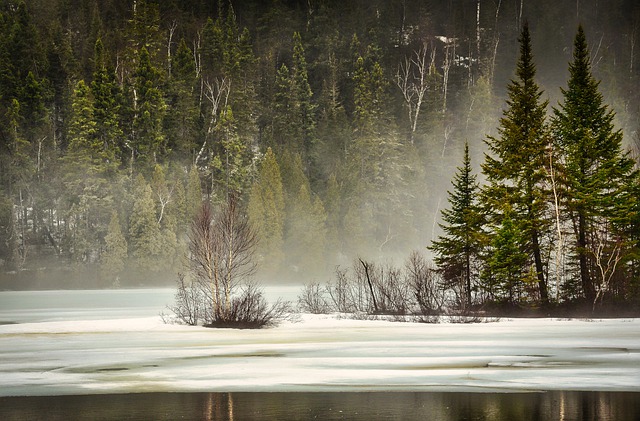
Frequently Asked Questions (FAQ’s)
Q: How can I determine whether the climate of a destination will suit my preferences?
A: What to expect can be learned by looking at historical climate data, reading traveler reviews, and asking seasoned travelers for advice.
Q: Should I avoid traveling when the weather is extremely bad?
A: It’s fitting to try not to go during outrageous climate occasions, for example, tropical storms or snowstorms except if you have fundamental reasons and are good to go.
Q: What should I do if the weather is bad during my trip?
A: Remain informed about weather conditions refreshes, have an adaptable schedule, and pack flexible dress to adjust to evolving conditions.

Conclusion
If you want your trip to be enjoyable and memorable, picking a climate that is comfortable is essential. You can make well-informed choices that enhance your trip by taking into account things like the weather at your destination, your personal preferences for comfort, seasonal variations, and weather forecasts.
Share this content:
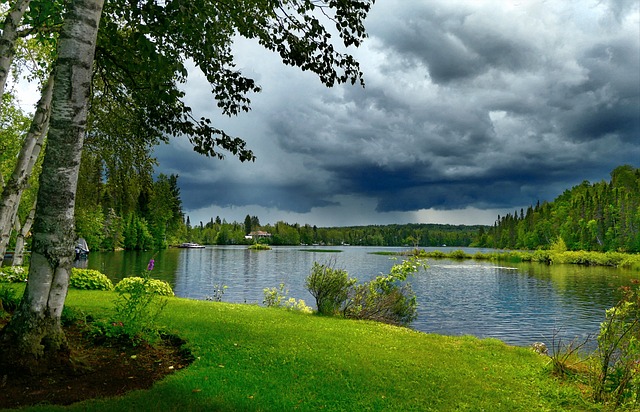
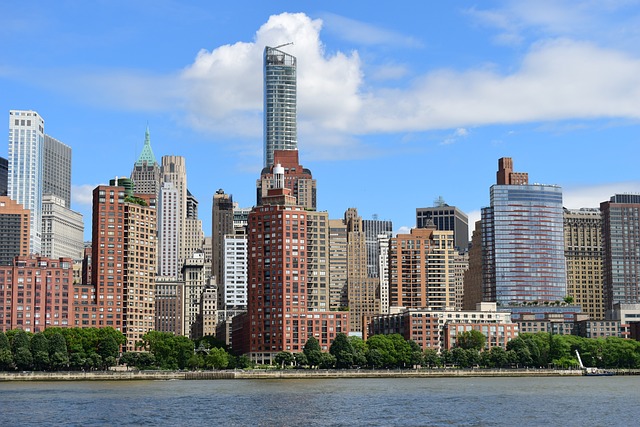
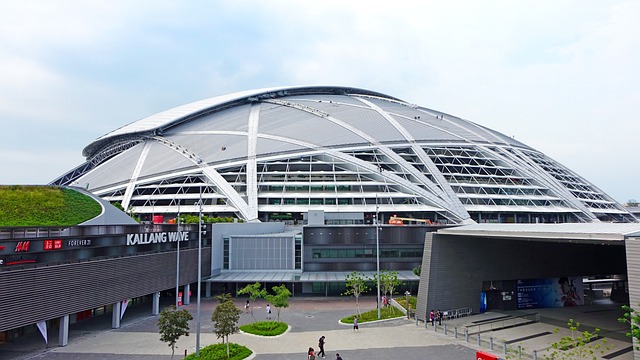






Post Comment